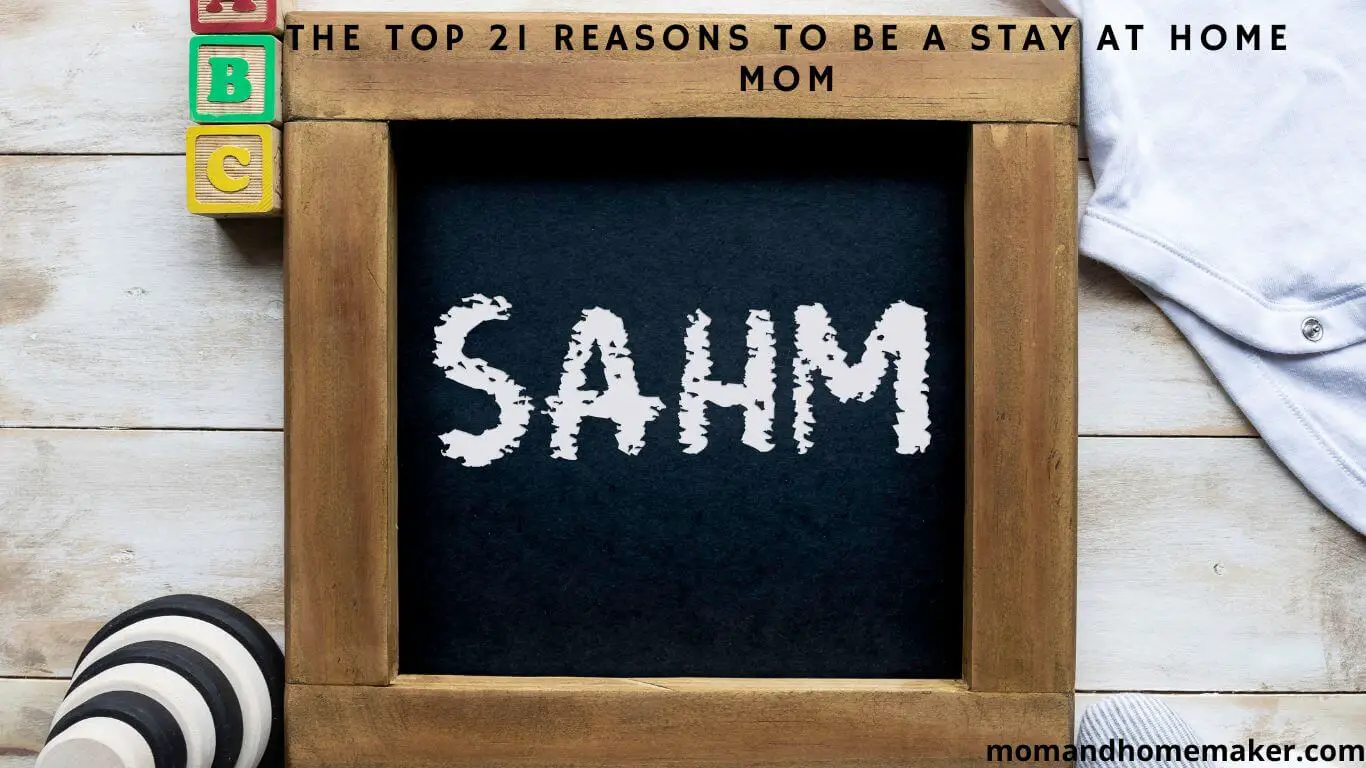Navigating the different stages of parenting prompts the question: when does the journey become less tiring? From the sleepless nights with a newborn to the constant attention needed during the toddler years, exhaustion can set in. As your child progresses through these phases, you may catch moments of relief.
But when does the road truly ease up? Is it when your child reaches their teenage years and craves independence, or does the calm arrive during young adulthood? The surprising answer lies in the evolution of the parenting journey.
Newborn Stage
Navigating the newborn stage can feel overwhelming, but remember, you’re not alone in this journey. The early days of parenting bring both joy and challenges. One major hurdle during this time is sleep deprivation.
Your baby’s unpredictable sleep patterns can leave you feeling exhausted. It’s crucial to prioritize your rest whenever possible. Don’t hesitate to seek help from loved ones to catch up on much-needed sleep.
Another significant aspect of the newborn stage is frequent feeding. Your baby’s small stomach requires regular nourishment, leading to feeding sessions around the clock.
Establishing a supportive feeding routine that works for both you and your baby is essential. Each feeding session isn’t just about providing food but also a precious bonding moment between you and your little one.
As you navigate through the sleepless nights and constant feeding, remind yourself that this stage is temporary. Cherish the quiet moments in the middle of the night with your baby.
Embrace the chaos and unpredictability of the newborn phase, knowing that you’re learning and growing together every day. Your dedication to your baby is truly commendable, and you’re doing an amazing job.
Toddler Years
As your child transitions into the toddler years, you’ll encounter new challenges and joys. The phase known as the ‘terrible twos’ may bring about boundary-testing and strong assertions of independence.
Dealing with tantrums is a normal part of development, requiring patience and consistent guidance to help your toddler healthily express emotions. Potty training becomes a focus, with inevitable accidents and setbacks along the way, but celebrating each success is key to encouraging progress.
Sleep issues like bedtime resistance and night wakings may arise, but establishing a calming bedtime routine and addressing fears can help improve sleep patterns. Embrace your toddler’s curiosity and eagerness to explore, while setting necessary limits to ensure their safety.
Preschool Phase
During the preschool years, your child will undergo significant growth and development across various areas. Achieving preschool milestones is crucial as your child hones their motor skills, language abilities, and cognitive functions. As a parent, actively engaging in activities that support these developments is key.
Parenting strategies in the preschool phase should focus on creating a nurturing and stimulating environment that fosters exploration and learning. Providing age-appropriate toys, books, and interactive games can aid in your child’s cognitive growth and creativity. Establishing a consistent routine and clear boundaries can help your child feel secure and develop self-discipline.
Socialization and emotional development are also vital during this phase. Encouraging positive interactions with peers can help your child learn important social skills like sharing, empathy, and communication. Supporting emotional growth by validating their feelings and teaching healthy emotional expression is essential for their overall well-being.
Elementary School Age
Transitioning from the preschool phase, your focus now shifts to supporting your child’s growth and development during elementary school. This period brings new challenges and joys as you navigate the academic and social aspects of your child’s life.
- Homework routines: Elementary school often introduces homework assignments. Helping your child establish a routine and a designated study area can minimize struggles and create a positive homework environment.
- Balancing activities: With various extracurricular options available, it’s important to find a balance. Encouraging your child to explore different interests while also ensuring they’ve enough downtime is crucial.
- Social skills: Elementary school is a time when friendships become more intricate. Teaching your child about empathy, kindness, and effective communication can help them navigate social interactions.
- Building independence: Fostering independence as your child grows is essential. Allowing them to make age-appropriate decisions and learn from their mistakes builds confidence and self-reliance.
- Time management: Juggling school, extracurriculars, and family time can be challenging. Teaching your child time management skills early on sets them up for success in the future.
During the elementary school age, remember to celebrate milestones, cherish moments of growth, and embrace the journey of parenthood with patience and love.
Tween Challenges
Understanding tween challenges involves grasping your child’s changing emotional and social dynamics. As your child transitions from childhood to adolescence, they undergo hormonal shifts, leading to mood swings and emotional fluctuations.
This phase can pose difficulties as your tween explores their identity and role in society. The influence of peer pressure and social media grows, affecting their decisions and actions.
To assist you in comprehending the challenges your tween faces, let’s examine key aspects of this period:
| Challenges | Strategies |
|---|---|
| Hormonal Changes | Foster open communication |
| Emotional Rollercoaster | Support self-expression |
| Peer Pressure | Cultivate confidence |
Acknowledging the hormonal changes your child is experiencing can help you understand their emotional ups and downs. Encouraging open communication creates a safe environment for your tween to express themselves.
Peer pressure may lead to risky behaviors, so boosting your child’s confidence and teaching them to make independent choices are vital in countering negative influences. By being a supportive and empathetic parent, you can guide your tween through these challenges with resilience and poise.
Teenage Turmoil
Navigating the challenges of teenage years can be tough for both parents and adolescents. It’s a time filled with intense emotions, hormonal changes, and peer pressure that can impact behavior and decision-making.
Here are some tips to help you and your teen during this turbulent phase:
- Open Communication: Encourage your teenager to share their thoughts and feelings openly without fear of judgment.
- Setting Clear Boundaries: Establishing clear rules and consequences can guide your teen’s behavior and help them understand the impact of their actions.
- Empathy and Understanding: Show empathy and understanding as your teen goes through emotional and social growth.
- Healthy Outlets for Expression: Encourage your teen to participate in activities like sports, arts, or journaling to express themselves positively.
- Seeking Support: Don’t hesitate to reach out to other parents, counselors, or support groups for help in navigating the challenges of parenting a teenager.
Young Adult Independence
During the transition from teenager to young adulthood, nurturing independence becomes a vital part of parenting. As your young adult enters the phase of emerging adulthood, your role evolves from direct caregiving to guiding as they face the challenges of independence. This period offers an opportunity for you to assist them in acquiring crucial life skills that will lay the groundwork for their future.
One essential aspect of this stage is promoting financial independence. Educate them on budgeting, saving, and making wise financial choices. Help them grasp the significance of money and the necessity of being financially accountable. By imparting these skills, you empower them to effectively manage their finances as they mature.
Alongside financial skills, focus on equipping your young adult with fundamental life skills. Teach them how to cook, do laundry, manage their time, and prioritize their physical and mental well-being. These practical abilities are essential for their overall growth and will contribute to their independence and self-reliance in the coming years.
Empty Nest Period
When your children leave the nest after graduating, it’s a time of adjustment and newfound freedom for parents. This phase offers you the chance to rediscover yourself and embrace a fresh chapter in life.
- Embracing Personal Freedom: With your children pursuing their paths, you now have the freedom to focus on your dreams and goals. Take this opportunity to explore new experiences you may have had while raising your children.
- Rediscovering Passions: Use this time to reignite old hobbies or explore new interests that bring you happiness and fulfillment. Whether it’s painting, hiking, or learning a new skill, invest in activities that bring you joy.
- Travel Opportunities: Enjoy the flexibility of an empty nest by planning exciting trips. Whether it’s a quick weekend getaway or a dream vacation, explore new destinations and create lasting memories.
- Strengthening Relationships: Invest in nurturing your relationships with your partner, friends, and extended family during this period. Plan activities together, deepen your connections, and enjoy quality time with loved ones.
- Prioritizing Self-Care: Focus on your well-being and self-care. Make time for activities that promote relaxation, mindfulness, and overall wellness to enhance your physical and mental health.
Embrace this empty nest phase as a time for personal growth, self-discovery, and new beginnings. It’s a time to focus on yourself and explore the endless possibilities that lie ahead.
Conclusion
As you journey through the different stages of parenting, it’s important to remember that each phase comes with its own set of challenges and rewards. Just like a rollercoaster, there will be highs and lows, but eventually, you’ll reach a point where things feel less tiring.
Take the time to appreciate the moments of happiness and treasure the memories you’re creating with your children along the way. Before you realize it, you’ll be looking back on your parenting journey with a sense of fulfillment and pride.







